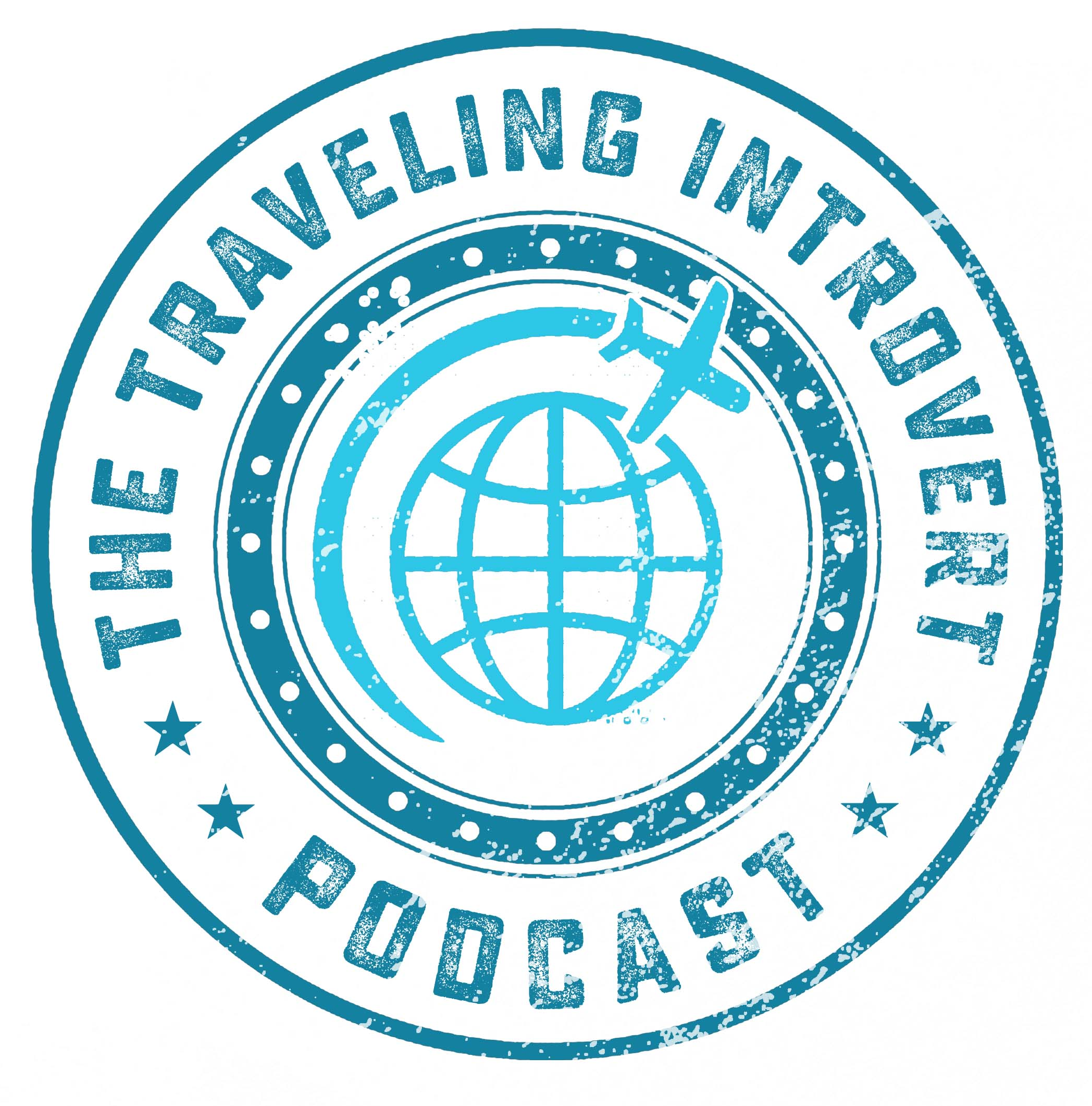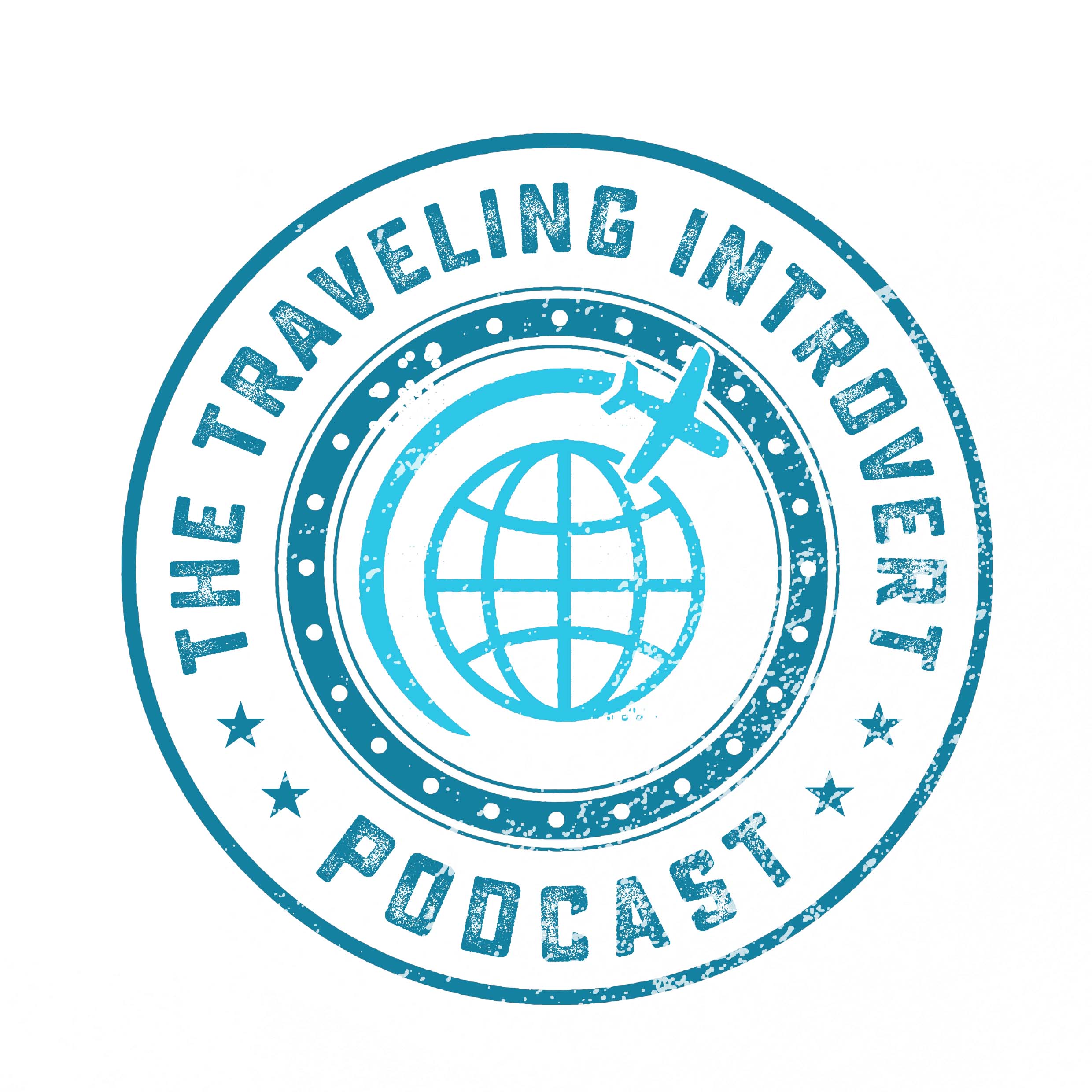Episode 315
Mindful Procrastination: Tips for Minimizing Stress and Boosting Creativity
On this episode of The Traveling Introvert, we explore a topic that many of us may be guilty of: procrastination. While often seen as a negative trait, intentional procrastination can actually lead to increased creativity and problem-solving skills. The link between procrastination and creativity is rooted in the incubation period, a time when the brain is in a relaxed state and works on a problem in the background. I share practical strategies on how to use procrastination to your advantage, such as taking regular breaks, switching between tasks, and setting specific times for procrastination breaks. I also discuss the downsides of unplanned procrastination, such as stress and decreased productivity. Tune in to discover how to become a master of the art of procrastination and tap into its benefits.
Podcast Episode: The Benefits of Procrastination in Enhancing Creativity
- Intentional procrastination as a tool for unlocking creativity
- Strategies that can help listeners become a master of the art of procrastination
- The guilt-free usage of planned procrastination
- Introduction of speaker Janice from thecareintrovert.com to help listeners build their brand and get hired
- Famous personalities like Leonardo da Vinci and Douglas Adams were famous for their procrastination habits
- The science behind the link between procrastination and creativity
- The role of incubation period in creativity
- Tips to maximize the incubation period such as taking a break every 90 minutes and switching between tasks
- The importance of focusing on one task at a time and avoiding multitasking
- Procrastination can lead to increased creativity while unplanned procrastination can have negative effects
- Creating specific times for procrastination can help to boost creativity without lowering productivity
- Discussion on the link between procrastination and creativity amongst famous artists, writers, and inventors
- Practical ways to tap into the creative benefits of procrastination and minimize its downsides
- Visualization techniques and mindfulness practices that can help with procrastination
- Strategies to minimize the negative effects of procrastination include setting realistic goals and deadlines, breaking tasks into smaller portions, creating a distraction-free environment, and using positive affirmations.
Transcript
Hello, and welcome to the traveling Introvert. Today I am going
Speaker:to talk about procrastination, but in
Speaker:a way that we're going to talk about the link between procrastination
Speaker:and creativity. Procrastination, when used in moderation
Speaker:and intention, will enhance your creative thinking and
Speaker:problem solving skills. And so we're going to talk about and explore
Speaker:the relationship between procrastination and creativity and suggest practical
Speaker:ways to tap into its benefits while minimizing
Speaker:its downsides. So have you ever heard of the phrase
Speaker:necessity is the mother of invention? Well,
Speaker:procrastination is often the father. When you're faced with a
Speaker:deadline, your brain kicks into high gear and you
Speaker:start to think more creatively. Procrastination can
Speaker:free you from your usual thinking patterns, so you quickly develop innovative
Speaker:solutions to problems and or really zone
Speaker:in on what needs to be done and what is sort of a nice to
Speaker:have and would be a bonus. And this is why many
Speaker:famous artists, writers and inventors were known
Speaker:to procrastinate. For example,
Speaker:Leonardo DA Vinci famously took years to complete some of his most
Speaker:famous works. Similarly similarly,
Speaker:Douglas Adams, the author of The Hitchhiker's Guide to the Galaxy,
Speaker:was known for his procrastination habits. He once said about
Speaker:deadlines, I love the whooshing sound they make as they go by.
Speaker:The science behind the link between procrastination and creativity
Speaker:is rooted in the concept of the incubation period.
Speaker:When you're actively working on a problem, your brain is focused.
Speaker:However, when you take a break and procrastinate or do something else,
Speaker:your brain shifts into a more relaxed state. And during
Speaker:this time, your brain works on the problem in the background and may suddenly come
Speaker:up with a breakthrough idea. And this is why many people experience
Speaker:Eureka moments when they least expect it. I know I've
Speaker:previously talked on the podcast about being in the shower or washing
Speaker:the dishes because you're just doing something natural and normal to you
Speaker:and that's when these things happen. Don't get me wrong,
Speaker:there are downsides to procrastination. While procrastination
Speaker:can be used to increase creativity, it's essential to recognize
Speaker:the downsides of unplanned procrastination.
Speaker:Procrastination often leads to unnecessary stress and anxiety,
Speaker:especially when facing a looming deadline. Plus,
Speaker:it negatively impacts your productivity and mental health.
Speaker:When you're constantly putting things off, you're going to feel overwhelmed
Speaker:and demotivated, which leads to a vicious, vicious cycle
Speaker:of procrastination. So how can you use procrastination
Speaker:to boost your creativity? Set aside specific
Speaker:times for procrastination breaks. Instead of procrastinating
Speaker:all day, set aside specific times for breaks.
Speaker:For example, take a 15 minutes break every 90 minutes to do something
Speaker:unrelated to work, such as going out for a walk or listening
Speaker:to music. You could use procrastination to brainstorm
Speaker:and generate new ideas. When procrastinating,
Speaker:use this time to let your mind wander and jot down
Speaker:the ideas as they come to mind. Or leave yourself a voice note, even if
Speaker:they seem silly or irrelevant.
Speaker:Switch between tasks to avoid burnout and increase productivity.
Speaker:Switching to a new task when you're stuck this can help you
Speaker:and help your brain think differently. This helps avoid burnout
Speaker:and will increase your overall productivity. However,
Speaker:please do avoid multitasking switch and
Speaker:focus on the new thing, not on both.
Speaker:Use visualization techniques when you're procrastinating,
Speaker:visualize yourself. Completing the task successfully.
Speaker:Seeing what you want to achieve helps you focus and feel more motivated to get
Speaker:it done. You can also practice mindfulness to increase
Speaker:awareness and reduce distractions. When procrastinating is
Speaker:super easy to get distracted by social media, emails or other notifications.
Speaker:So practicing mindfulness and intention allows you
Speaker:to remain focused and reduces distraction. So take time
Speaker:to focus on your breathing, take some deep breaths
Speaker:in and out, and focus on
Speaker:the present moment rather than letting your mind wander.
Speaker:Now, there are a few strategies that can minimize the negative effects of
Speaker:procrastination, and you could set realistic goals and deadlines,
Speaker:break tasks into smaller, more manageable pieces, create a distraction free
Speaker:environment, and maybe use positive affirmations
Speaker:to overcome negative thoughts. Procrastination is sometimes a
Speaker:double edged sword, but if you do it with intention, it can really
Speaker:unlock your creativity. With these strategies in mind,
Speaker:you'll soon became a master of the art of procrastination and achieve tremendous
Speaker:success. And don't feel guilty for planned procrastination.
Speaker:Plan for it and use it to your advantage. Thank you for
Speaker:listening. This is Janice@thecareintrovert.com helping you build your brand and



